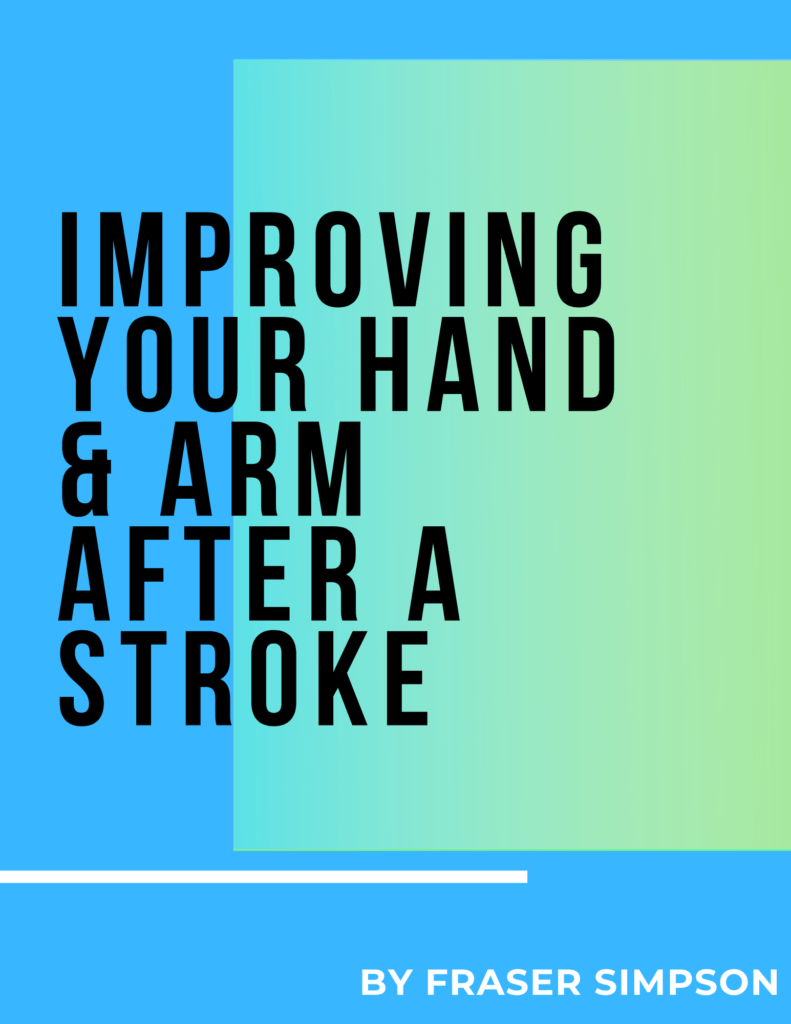Why Autumn Is the Perfect Time to Focus on Balance
As the leaves begin to fall and the seasons change, many of us take a moment to reset our routines. For people living with Parkinson’s, autumn brings both opportunities and challenges. The cooler air makes walking outdoors refreshing, but damp paths, uneven pavements, and shorter daylight hours can make staying steady more difficult.
That’s why Falls Prevention Month is such a valuable reminder. It gives us the chance to talk openly about balance, mobility, and confidence. At Simpson Physiotherapy, we see daily how small changes—consistent habits, a tailored exercise routine, or even a simple posture adjustment—can make a huge difference in keeping people moving safely and enjoying the season.
This blog will share practical Parkinson’s balance tips for autumn, with strategies you can put into action today.
Why Balance Matters with Parkinson’s
Parkinson’s often affects how the body coordinates movement. You may notice that walking feels smaller, more cautious, or slightly unsteady at times. This can happen for many reasons—muscle stiffness, changes in posture, or simply the brain’s awareness of where the body is in space.
The good news? Balance is not a fixed trait. It’s a skill that can be trained, strengthened, and supported. Just like building muscle in the gym, the more you practice balance-based activities, the more confident and capable you feel in everyday life.
By focusing on movement strategies, you not only help your body stay active, but you also give your brain the feedback it needs to “relearn” upright posture and steadier walking.
Simple Balance Tips for Autumn
Here are five practical strategies you can start using this season.
1. Take Advantage of Nature Walks (Safely)
Autumn walks can be a joy—the crisp air, colourful leaves, and a gentle pace can all be uplifting. But it’s important to plan ahead:
- Choose well-lit, familiar routes.
- Walk during daylight to avoid uneven ground you can’t see.
- If pavements are damp, slow down and focus on deliberate steps.
Walking outdoors helps improve stamina and trains your balance in real-world conditions. Adding walking poles or going with a friend can make it even safer and more enjoyable.
2. Think “Lean Back” Instead of “Stand Up Straight”
Many people with Parkinson’s hear the advice “stand up straight.” While well-meaning, it often leads to pushing forward on the toes, which makes balance harder. Instead, think of gently “leaning back” from your hips.
This cue helps reset posture and reduces the forward-leaning tendency that contributes to shuffling. Practising this daily—even at the kitchen worktop—helps your brain and body rediscover what upright feels like.
3. Practice Step Standing at Home
Step standing is a simple but powerful balance drill: place one foot forward, one foot back, as if you’re about to take a step. Hold onto a counter for safety if needed.
This exercise trains your brain and body to handle the position we use every time we walk. Practising it for 20–30 seconds on each side helps with stability and prepares you for smoother strides.
4. Add Gentle Strength Work
Strong muscles support better balance. Exercises like sit-to-stand from a chair, wall push-ups, or mini squats can be easily added to your daily routine.
Strengthening the legs, hips, and core creates a stable foundation, making it easier to manage uneven ground or sudden changes in direction. You don’t need equipment—your own body weight and consistency are enough to see progress.
5. Stay Social and Consistent
One of the most important Parkinson’s mobility tips is consistency. Doing a little every day is more valuable than doing a lot once in a while.
Classes such as PD Warrior™, group sessions, or even regular walks with friends provide structure, motivation, and accountability. They also bring joy—because moving together with others feels less like exercise and more like connection.
Daily Habits That Support Balance
Beyond structured exercise, there are everyday habits that help with steadiness:
- Hydrate regularly – dehydration affects coordination.
- Wear supportive footwear – shoes with good grip make a difference.
- Keep clutter-free floors at home – clear pathways reduce risks.
- Use reminders – sticky notes, alarms, or simple cues to check your posture.
These are simple lifestyle adjustments that, when combined with targeted exercise, create a powerful routine for maintaining independence.
Why Autumn Is the Right Time to Begin
The start of a new season is a chance to reset and commit to looking after yourself. Whether it’s building a daily routine, joining a class, or booking a consultation, taking small steps now sets the tone for the months ahead.
Autumn also brings community. At Simpson Physiotherapy, our classes and one-to-one sessions are designed not just for exercise but for connection—supporting you socially as well as physically.
How Simpson Physiotherapy Can Support You
At Simpson Physiotherapy, we believe living well with Parkinson’s is about more than exercises—it’s about building confidence and enjoying the life you love. Here’s how we can help:
- Free Discovery Phone Consultation – speak with our team, ask questions, and learn how we can support your goals.
- In-Home Visits – for those who feel more comfortable starting at home.
- Clinic Sessions in Glasgow – tailored one-to-one therapy in a supportive environment.
- PD Warrior™ Classes – high-energy, evidence-based classes to improve mobility, posture, and confidence, while connecting with others.
- Online Support – virtual classes and advice available wherever you are.
Conclusion: Small Steps, Big Changes
This Falls Awareness and Prevention Month, remember: balance is not about perfection. It’s about small, steady improvements that add up over time. Whether it’s adjusting your posture at the counter, practicing step standing, or joining a supportive class, each action helps you move with more confidence.
🍂 Autumn is a season of change—why not let it be the season you take the first step toward steadier movement and greater independence?
Call to Action
📞 Ready to take that first step? Book your FREE Discovery Phone Consultation today and find out how our specialist team can help you move better, feel steadier, and embrace the season ahead.



